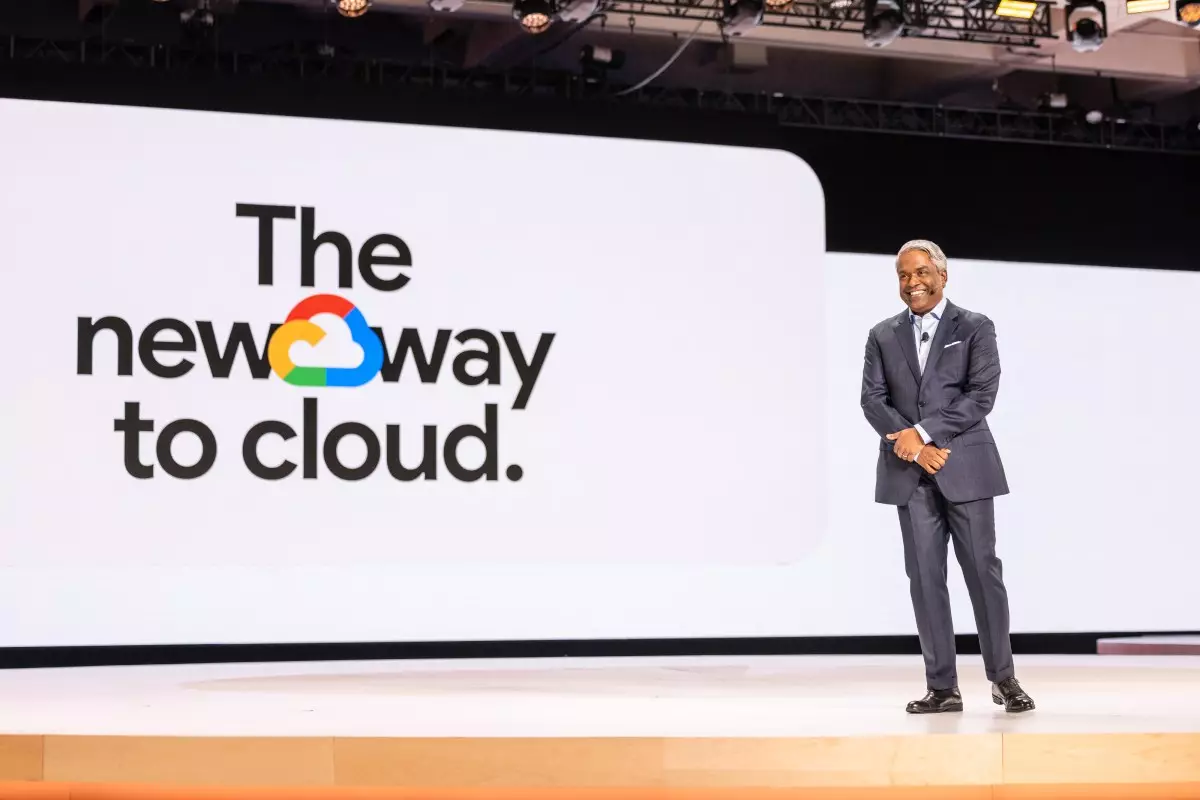At the recent Google Cloud Next conference in Las Vegas, Google presented a showcase of transformative advancements poised to shift the landscape of artificial intelligence (AI) and cloud computing. At the heart of this innovation is Google’s new AI processing chip, dubbed Ironwood, along with the introduction of Gemini 2.5 Flash, its latest evolutionary leap in AI models. These developments are not merely incremental improvements; they signal a strategic pivot towards harnessing AI’s full potential in various sectors, from coding to automation.
The unveiling of the Ironwood chip marks Google’s commitment to pushing the boundaries of AI processing capabilities. By offering enhanced computational power tailored specifically for AI tasks, Ironwood promises to empower startups and established companies alike to harness neural network capabilities previously thought to be the domain of advanced research labs. This not only underscores Google’s intent to lead in the AI space but also sets a daunting challenge for competitors aiming to enhance their offerings in a rapidly evolving tech landscape.
Strategic Partnerships with Breakthrough Startups
A key highlight of the conference was Google’s announcement of partnerships with a curated selection of groundbreaking AI startups, signaling its strategy to envelop the burgeoning AI ecosystem within its cloud services. Among these notable entrants is Safe Superintelligence (SSI), co-founded by notable AI luminary Ilya Sutskever. As AI applications proliferate, SSI’s novelty lies in its aim to ensure safer integration of superintelligent systems into society—an endeavor where Google’s infrastructure could play an essential role.
Not to be overlooked is Cursor, the AI-powered code editor that has skyrocketed in valuation and popularity. Leveraging Google Cloud and Anthropic’s Claude models, Cursor is poised to challenge incumbent giants like GitHub Copilot. Google’s recognition of such startups indicates its deep understanding of market trends and needs, making its cloud a pivotal platform for AI-oriented enterprises.
In addition, innovators like Hebbia and Magic are shaping unique niches by leveraging AI for document analysis and coding automation, respectively. Each of these startups not only stands to benefit from Google Cloud’s resources but also contributes to a vibrant tech ecosystem that is rapidly evolving.
The European AI Surge
The conference spotlight also illuminated significant European talent, particularly with Paris-based Photoroom and its AI photo-editing expertise. Utilizing advanced models such as Veo 2 and Imagen 3 from Google Cloud, Photoroom positions itself as a linchpin in the competitive European AI market. As the European tech scene flourishes, Google is positioning itself strategically to tap into this growth, moving beyond its traditional American stronghold.
However, more than just infrastructure is needed. As these startups flourish, it is imperative that Google continues to foster an environment that embraces cooperation over competition. By providing generous cloud credits and unique access to AI models, Google is not merely attracting these companies to its platform—it’s essentially weaving a robust network of innovation that benefits from collective growth instead of cutthroat rivalry.
Competing in the Cloud Arms Race
As Google Cloud strives to amass a formidable portfolio of partners, it faces fierce competition from stalwarts like Microsoft Azure and AWS. These rivals are also scrambling to position their offerings as indispensable in the race for AI workload dominance. However, what sets Google apart is its proactive approach to nurturing the next generation of AI solutions inside its cloud infrastructure.
The inclusion of Lightspeed as a new venture capital partner, alongside established names like Sequoia and Y Combinator, speaks volumes about Google’s aggressive strategy to enhance partnerships and amplify its AI ecosystem. As companies qualifying for cloud credits gain access to premier AI resources, Google is not only benefiting its partners but also solidifying its cloud platform as a central hub for cutting-edge AI innovation.
In a world where cloud-based services are increasingly intertwined with groundbreaking AI capabilities, Google’s intent to create a supportive and expansive ecosystem could redefine competitive dynamics. With the unveiling of Ironwood and a roster of rapidly ascending AI startups, Google Cloud is ready to reshape not just industry standards, but also how AI is perceived, creating enduring value for all involved.

